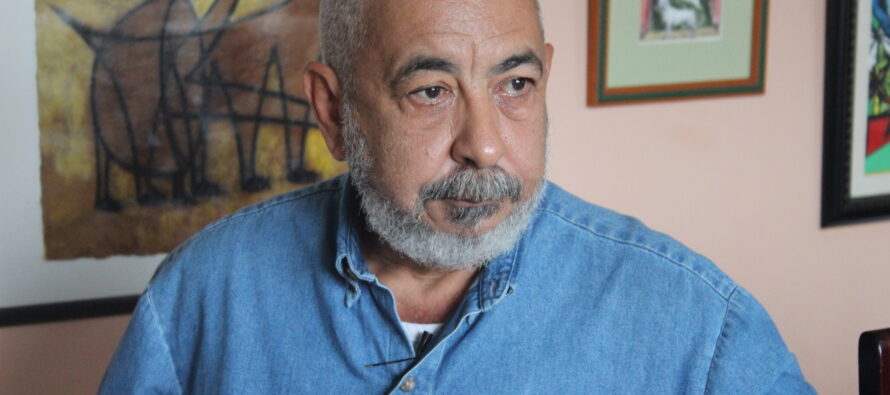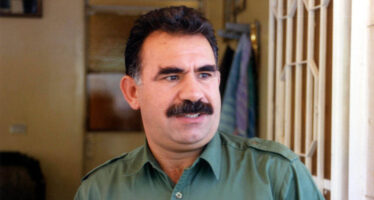The floor is yours… literature

![]()
The series of interviews that we present here was taking shape as a collateral project during the editing of a book of short stories with the city of Havana setting and scene. The Book of Havana, published by Comma Press (www.commapress.co.uk) will be published this summer.
After two initial meetings with writers Jorge Lage and Ahmel Echevarria, a third, almost casual encounter happened, this time with Uruguayan writer and critic Ramiro Sanchíz, who visited the Cuban capital to be part of the jury of the prestigious Casa de las Américas Prize this year. A fourth encounter, this time via a very special and intimate interview to well known Cuban author Leonardo Padura, made by a common friend, himself a Cuban: professor and intellectual Felix Julio Alfonso.
Ideas resemble seeds and once planted begin to grow by themselves, so to these four testimonies of writers in Spanish we went on adding interviews that came from other traditions, languages and places, taking advantage, as much as we could, of digital connectivity, and from the idea that, if multi-culturalism is an essential part of our times, languages could not be an obstacle but only a challenge. And it is why we have made translations as if they were “return tickets “, to be able to understand each other as well as to understand these writers at least in English, Italian and Spanish.
Palestinian Susan Abulhawa, Irish Lisa McInerney, Gavin Corbett, Paul Murray, and Basque writer Uxue Alberdi (part of a little known but very meritorious literature), completed the nine interviews with men and women of our times, who share a common and intense feeling: their tireless passion to create, imagine and tell us endless stories. Therefore theirs is the floor as they are the translators of what we generically name as literature.
Questions and conversations were individually prepared, from a knowledge – certainly not exhaustive – of their work, with the view that each of them is unique and unrepeatable, but at the same time we have been dropping issues and concerns that can surely be shared, such as cultural influences, their particular implications both personal and artistic, in both themes and more in general political and social issues, the creative process as a challenge, anxiety and method, and the difficulties of living off their work.
Other interviews have been left in the drawer, so we “threaten” you to turn this into a whole saga, with (so fashionable these days) seasons included, if necessary, and if you of course are interested in joining us in this journey through literatures in other languages and from other geographies as well as through different literary genres, poetry, essays, criticism and journalism. All genres, it has to be said, in which these authors are leaving their traces.
Beyond the interviews themselves and the interest we are sure they’ll generate to you as readers, our greatest desire, interest and ambition is to encourage you to also contribute ideas, reflections, suggestions not just on the issues addressed in this summer issue of Global Rights (www.globalrights.info) magazine, so that this virtual space will actually serve not only as an information platform but also as a place for permanent discussion and exchange.
Interviews conducted and edited by Orsola Casagrande y J.M. Arrugaeta
Interview with Leonardo Padura conducted by Félix Julio Alfonso
Translations and editing by O.Casagrande, J.M Arrugaeta and Seamas Carraher
Editorial by Sergio Segio
Design and graphic concept by Maider Varela.
Photos: courtesy of the authors and Global Rights archive
download the magazine in English
or browse it online
Download Attachments
-
 GR-Entrevistas#2-Eng
GR-Entrevistas#2-Eng
File size: 3 MB Downloads: 1114
Related Articles
Asrın Law Office issues statement on Imralı meeting
![]()
The Asrin Law Office, which has represented Abdullah Öcalan since his arrest 21 years ago, has released a statement on
Are the Cuban Government & Communist Party Truly Leading Society?
![]()
Private nightclubs and discos enliven Havana’s nights, even though these do not officially exist under the government reforms. The first
El oscuro futuro de Irán. Entrevista con Farian Sabahi
![]()
Farian Sabahi es escritora, académica y periodista, especializada en geopolítica y cuestiones de género en Oriente Medio




